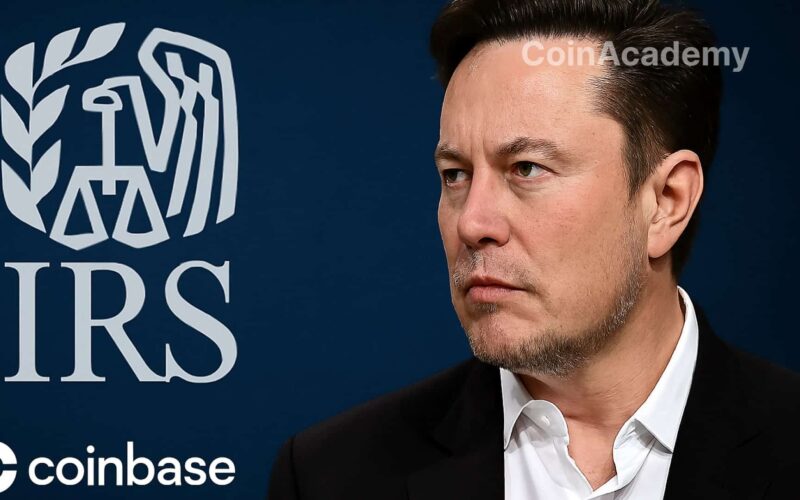Elon Musk’s Unexpected Intervention in the Defense of Digital Privacy
X Corporation, owned by Elon Musk, has officially taken a position in an explosive legal case that pits an American citizen against the IRS (Internal Revenue Service). In a memorandum filed on Friday with the United States Supreme Court, X Corp. calls for an end to the practice of ‘suspicionless subpoenas’ that allow tax authorities to demand financial data from thousands of users without individualized justification.
The case dates back to 2017, when the IRS demanded data from 14,000 Coinbase customers, including James Harper, without a warrant or specific suspicion.
X Corp. has partnered with seven other entities to denounce a violation of the Fourth Amendment, sparking a key debate on digital privacy in the face of state surveillance.
A Coalition Against Intrusive State Practices
X Corp. is not alone in this endeavor: seven other entities, including researchers and digital rights organizations, have joined the initiative. Together, they argue that these massive requests violate the Fourth Amendment of the United States Constitution, which protects citizens against unreasonable searches and seizures.
According to their memorandum, the IRS ‘violated Harper’s rights by gathering a massive amount of data on Coinbase users through a general subpoena, without specific suspicion.’ This large-scale collection strategy, described as a ‘dragnet subpoena,’ is not only disproportionate but also undermines privacy rights in an increasingly sensitive digital surveillance context.
The Supreme Court Steps In
On Monday, the Supreme Court requested an official response from the federal government, indicating that the highest court in the land takes the matter seriously. This development paves the way for a major legal debate on the limits of state surveillance in the crypto universe and, more broadly, on the fundamental rights of users in the digital age.
For Elon Musk, this intervention aligns with his ideological stance. Since acquiring X (formerly Twitter), he has positioned himself as a staunch advocate for freedom of expression and digital sovereignty. By joining civil groups in this legal battle, he strengthens his strategy of direct confrontation with federal entities and establishes a landmark in the delicate balance between tax security and citizens’ privacy.




